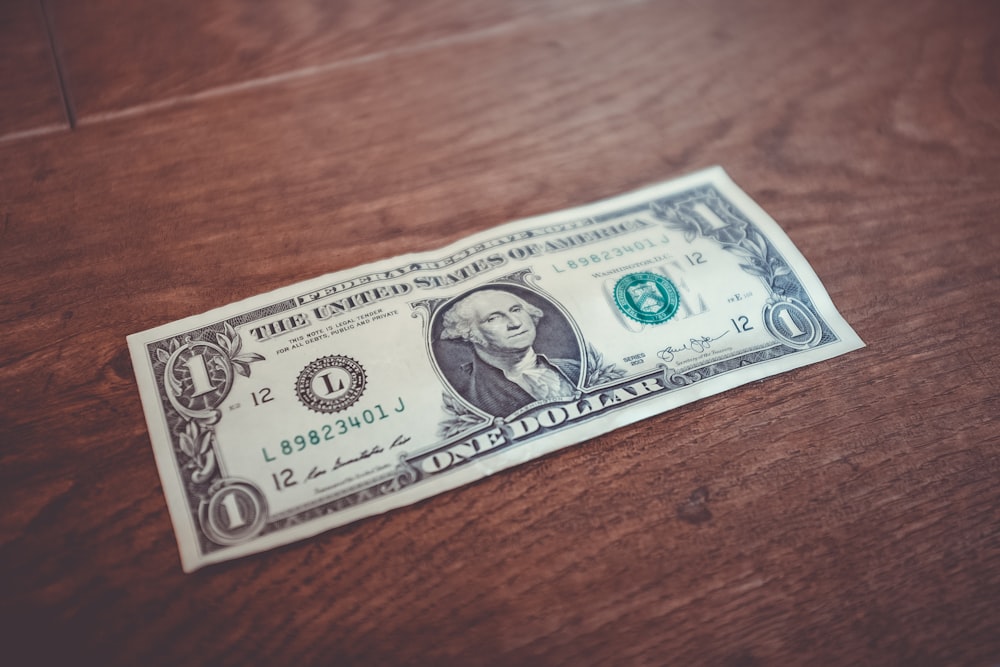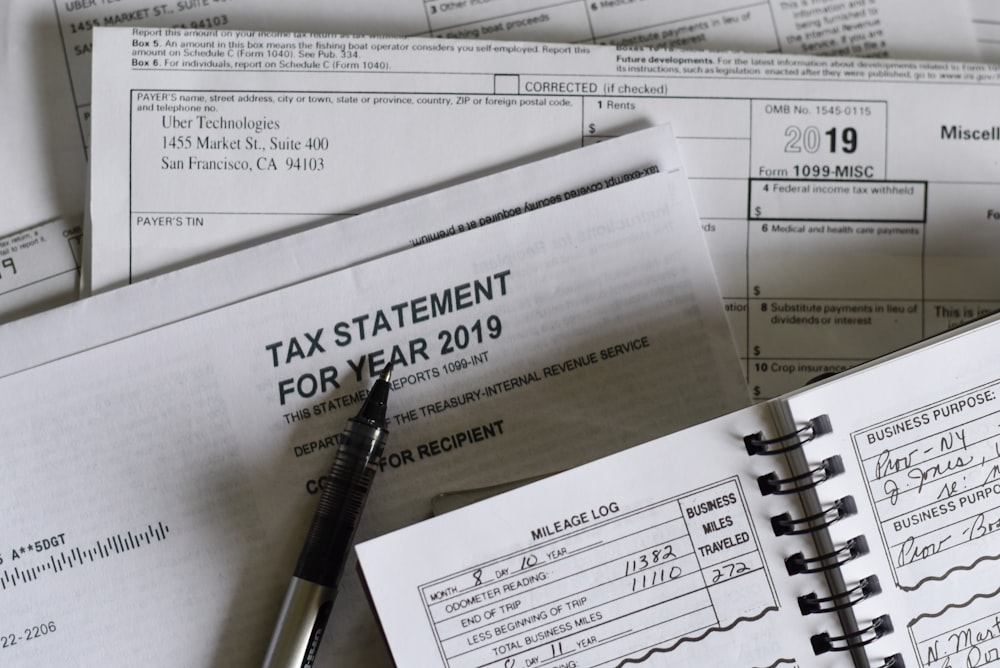Last updated on June 23rd, 2021 at 02:09 pm
Owning investment or rental property is a good move. You’ll enjoy a steady influx of cash and build equity as the property increases in value with time. Investors who have rental property also receive tax benefits. For instance, the IRS will allow you to deduct related costs such as property taxes, repairs and mortgage insurance from your overall tax bill. This is before we even consider the granddaddy of all real estate tax savings – depreciation.
For some, the financial opportunities are worth the downside of being a landlord, but if you’ve decided to get out of the rental industry, you might be considering your selling options. In this article, we’ll walk through how it works when you have depreciation recapture on installment sale of rental property.

The Tax Bill
Let’s say that you purchased an apartment building years ago for $300,000, and today, it’s worth $1 million and is fully depreciated. In this example, you have a $500,000 loan on the property because you borrowed against it to invest in something else. Your yearly income is $350,000.
You decide to sell the apartment building for $1 million and use your profits to repay the $500,000 loan and decide to put the other $500,000 into your savings. When the following year rolls around, your accountant tells you that you owe $172,924.85 in taxes because you sold the income property.
How is the amount calculated? The government charges people a 20% capital gains rate when they have an adjusted income that’s $441,451 for single filers. This percentage applies to all of your income, so if you have a regular income of $350,000 and earned $700,000 from selling the property, then for that year, your income was $1.05 million.
Of your $700,000 capital gains, the government will charge you 15% on $91,451, which is the adjusted income of $441,451 minus your $350,000 regular income. This comes to $13,717.65. The remainder of your capital gains, $608.549, will be charged a 20% tax rate. This increases your tax bill by $121.709, making the total government capital gains tax $135,424.65.
Accumulated Depreciation Comes In

The bad news is that there is another tax section that increases the bill even more. This is the accumulated depreciation, which is a surprise addition for most investors. Accumulated depreciation is a wonderful deduction when you own real estate. The surprise part comes when you sell it because the government charges a 25% depreciation recapture tax for the year that you sold the property.
If you assume that 50% of your property was depreciable and you bought it for $300,000, then you’ll take the $300,000 and multiply it by 50%, which is $150,000. Take that amount and multiply it by the 25% depreciation recapture tax. This means that the additional tax bill is $37,500, taking the bill up to $172,924.85. You could wind up owing a bit more if your state charges a tax for capital gains too.
How to Avoid the Big Tax Loss
Will an installment sale instead of a traditional one help you avoid the tax? No. The IRS states that an installment sale spreads your payment out over more than one year while a traditional sale involves receiving the payment in a lump sum.
Investors may opt for an installment sale to decrease their capital gains tax. It does this because it stretches your income out over several years instead of your having a banner income year due to the sale of a property. However, an installment sale won’t help you avoid depreciation recapture taxes. The only way to hang on to your equity growth is with a 1031 exchange.
Your Golden Ticket to Avoid Depreciation Recapture on Installment Sale of Rental Property

A 1031 exchange lets you avoid paying depreciation recapture and capital gains taxes by allowing you to move your profits into the same type of investment. You have to move it within 180 days of selling it, but the 1031 decreases your tax bill significantly.
When you roll your proceeds into a 1031, you are kicking the tax bill down the road. If you decide to sell the follow-up property, then the tax bill will be due again. However, you can perform another 1031 exchange to continue deferring the tax bill until your offspring inherits it. The great thing about this method is that when your heirs inherit your property, their cost basis will default to the market value of the property. This eliminates concern about any previous depreciation you took or 1031 exchanges performed.